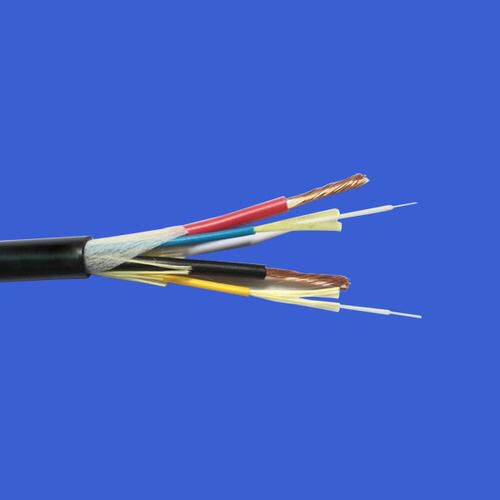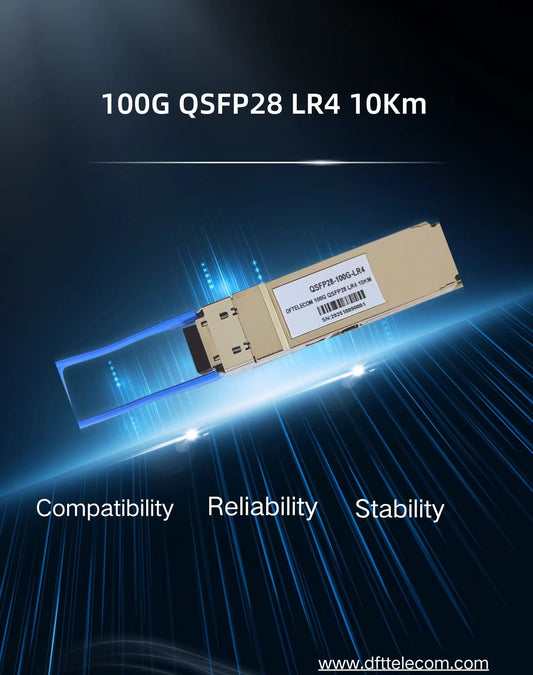TOR (Top of Rack) refers to a network architecture where networking equipment, such as switches, is placed at the top of individual racks within a data center or server room. The servers in the racks are connected to the switch through optical fibers or network lines, and the switch is connected to the upper convergent switch. In this case, it is suitable for the situation of more access equipment or a high density of single cabinet equipment. TOR architecture simplifies cabling and provides localized connectivity between servers within the same rack.

Advantages of TOR
1. Simplified Cabling: With TOR architecture, the networking equipment is placed at the top of each rack, reducing the length of cables required for connecting servers to the network. This simplifies the cabling infrastructure and makes it easier to manage and maintain.
2. Scalability: TOR architecture allows for easy scalability. Additional racks can be added to the data center or server room, and the servers in those racks can be connected to the existing TOR switches. This makes it simpler to expand the network as the needs of the organization grow.
3. Localized Connectivity: TOR architecture provides localized connectivity between servers within the same rack. This means that data traffic between servers in the same rack can be kept within the rack, reducing the need for traffic to traverse through the entire network. This can improve performance and reduce latency.
4. Flexibility: TOR architecture offers flexibility in terms of equipment placement and server configurations. Each rack can have its own TOR switch, allowing for independent management and customization of the network within each rack. This flexibility can be beneficial for different types of applications or projects with varying network requirements.
5. Cost-effectiveness: TOR architecture can be cost-effective, especially in environments with a high density of single cabinet equipment. By placing the networking equipment at the top of each rack, the need for long-distance cabling is reduced, resulting in cost savings on cabling infrastructure.
TOR vs EOR vs MOR
| Network Architecture |
TOR (Top of Rack) | EOR (End of Row) | MOR (Middle of Row) |
| Location of Switches Server-to-Switch Connectivity Number of Switches Cabling Complexity Scalability Cable Management Space Requirement Cost Consideration |
Top of individual racks Direct connection between servers and rack-leve switches Each rack has its own dedicated switch Simplified cabling within ndividual racks May require more switches as the number of racks ncreases Simplified cable management within ndividual racks Requires space at the top of each rack for switches Potentially higher cost due to more switches |
End of each row Servers connect to patch panels,which are connected to row-level switches Multiple racks share a single switch at the end of the row Reduced cabling compared to TOR,but longer cable runs within rows Scalable,as additional racks can be connected to the same row-level switch More complex cable management compared to TOR Requires space at the end of each row for switches Potentially lower cost compared to TOR |
Middle of each row Servers connect to patch panels,which are connected row-level switches Multiple racks share a single switch in the middle of the row Reduced cabling compared to TOR,shorter cable runs compared to EOR Scalable,as additional racks can be connected to the same row-level switch Intermediate complexity in cable management Requires space in the middle of each row for switches Moderate cost with a balance between TOR and EOR |
It's important to note that the suitability of each architecture depends on the specific requirements, scale, and constraints of the network infrastructure. The table provides a general comparison, but the final decision should be based on factors such as the size of the data center, number of servers, scalability needs, cabling complexity, available space, and budget considerations.






